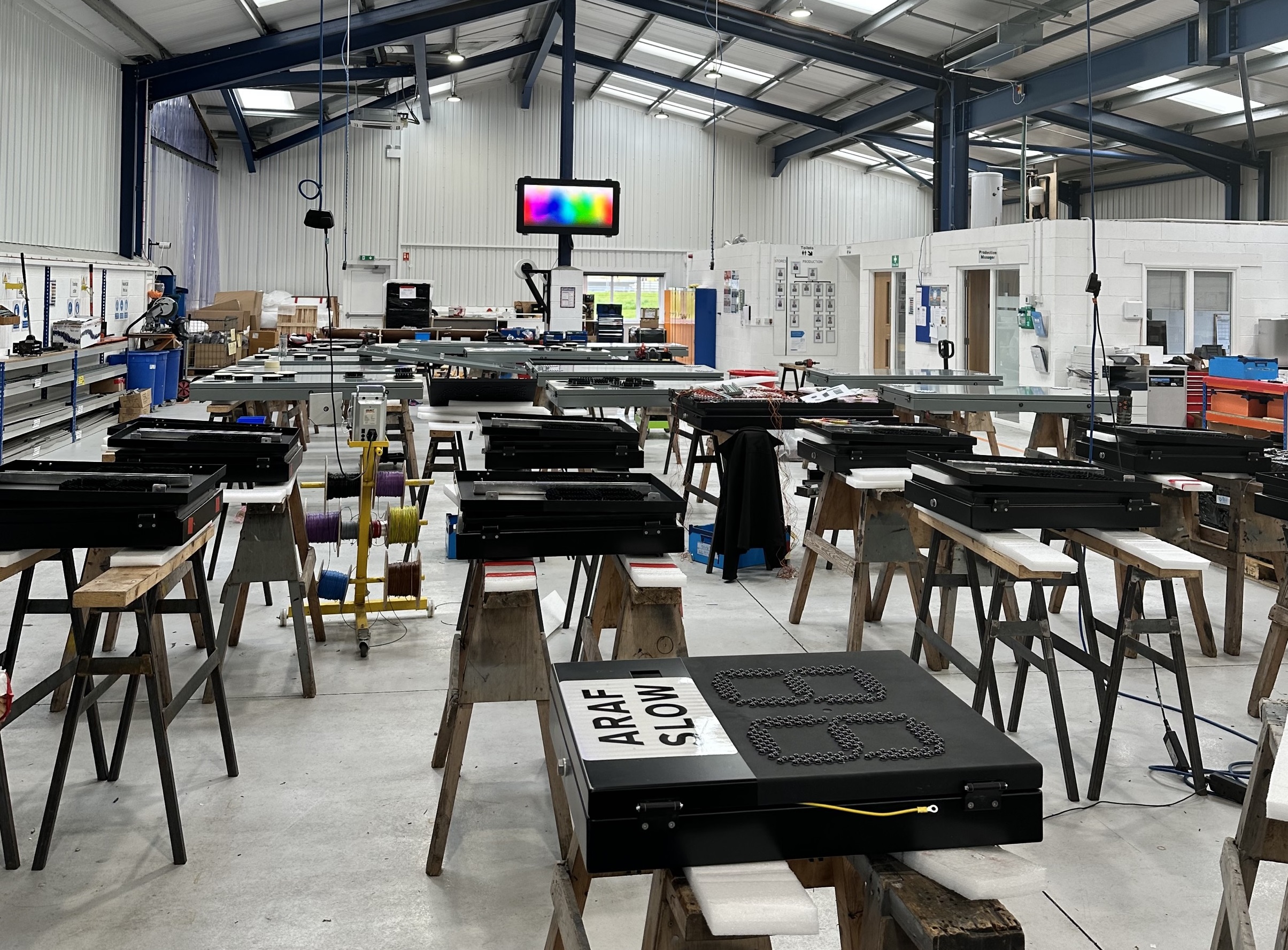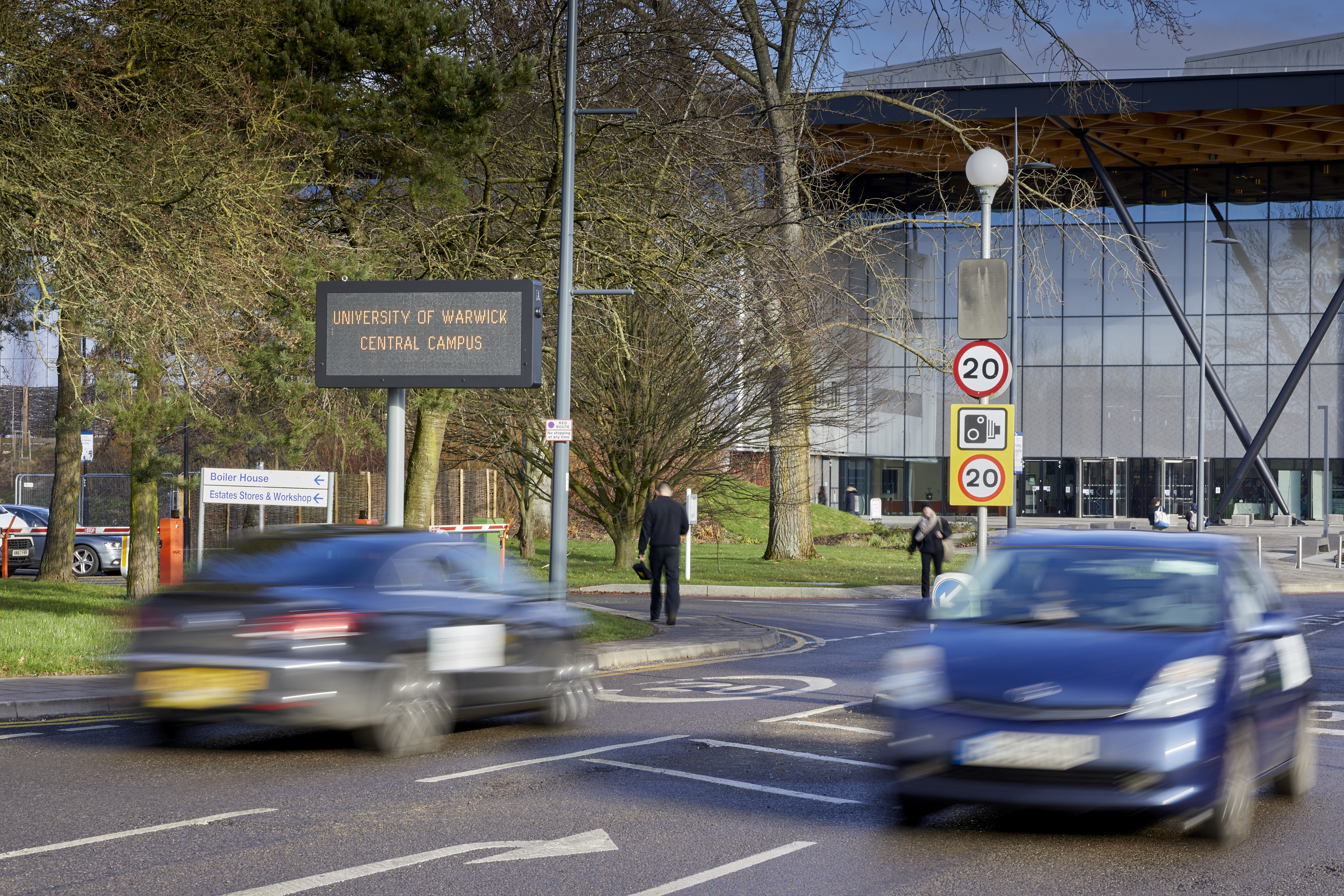
Variable messaging signs from Swarco Traffic have reached a 10-year milestone to reduce congestion and improve traffic flow in the English city of Reading.
In 2012, the city council tendered for a high-quality and versatile signage to help deliver effective traffic management.
“Although cost was important, more important was a fit-for-purpose solution, highly reliable, durable and flexible signage,” said Lyndon George, traffic signal engineer at Reading Borough Council.
“We previously had two types of signs installed, roll-over parking guidance and VMS [variable message signs] that allowed four lines of 12 characters. Both variants were very restrictive in functionality, only allowing the option to display parking info, OPEN, SPACES or CLOSED for the town’s car parks and the main road’s VMS were limited in both lines and characters."
George continued: “With very limited use, these signs were performing poorly with faults reappearing continually. Additionally, both proactive and reactive maintenance came at a high cost and slow repair times due to the complexed builds and access to the signs.”
After a thorough procurement process the city chose traffic technology specialist Swarco Traffic. Following factory testing at the organisation’s main headquarters and facility in Austria, it created a solution based on the very latest thinking and smart technologies.
“Swarco quickly identified our need for versatile signage that would improve how we used them to perform multiple tasks, not just parking in the town and VMS on its outskirts,” George adds.
Swarco installed a total of 27 full-colour VMS and one PGIS (parking guidance and information system) in strategic locations throughout Reading. All signs are managed by Swarco’s cloud-based remote management system.
The signs can display any pictogram, text or a combination of both and making them suitable for multiple purposes. These include the latest car park and availability and live information in town as well as the outskirts, traffic flow information or to advise drivers of better routes, any emergencies, events, or road closures which improve the quality of their journey which was not possible before.
“Since we purchased and installed the signs 10 years ago, we have not needed to replace any sign due to failure,” said George. “And instead bought more units as the reliability and versatility of the signs has been so good and with such low maintenance, I expect to retire before we retire the signs.”
He noted that the LEDs are still as bright now as they were then and most of the very few faults were power-related. “In comparison to the previous signs, we have been able to improve how we use them, reduce the running and maintenance costs, which is extremely important given tight budgets and increased scrutiny over authority spending and our carbon footprint.”











